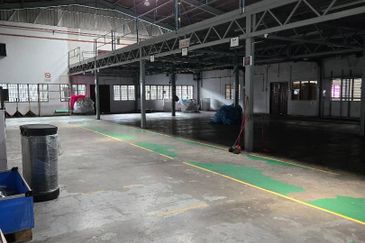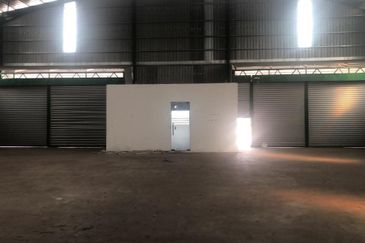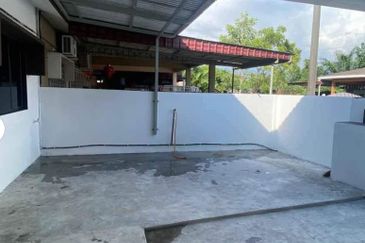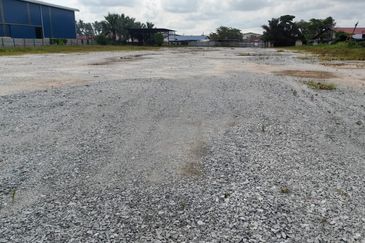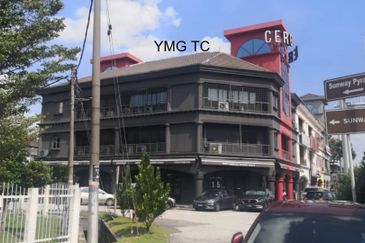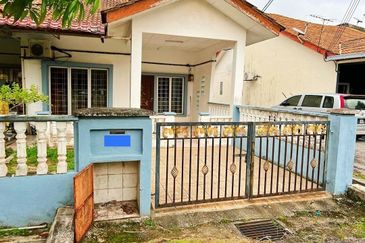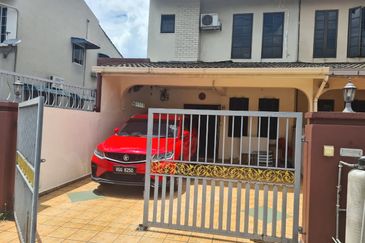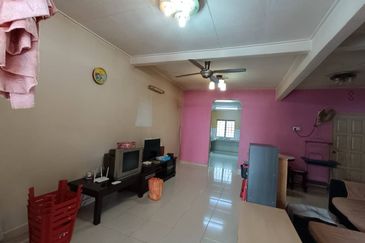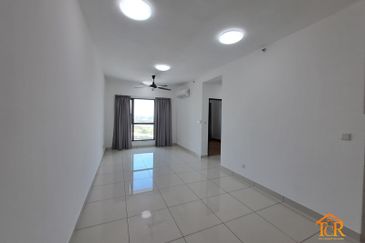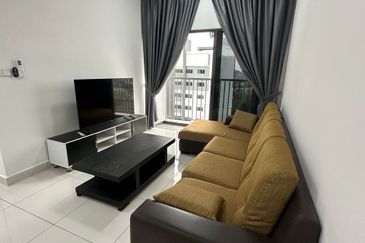
Land-related matters falls under the jurisdiction of states, and not the federal government. As such, Malaysia faces complications.
A major revenue source for state governments, in Selangor, land title premiums and quit rent contributed RM1.73 billion, or 70% of state income for the year 2016, The Edge Malaysia sourced data from the Department of Statistics Malaysia.
In Penang, Pahang, and Kedah, 48% of state income was generated by land-revenue. In Johor, it was 51%, while in Melaka, it was 60%.
To generate additional income, states may sell land, tender rights for development, increase quit rent and other taxes ir processing the conversion of land usage rights.
The publication observes that if the state governments were to give up strategic land for the development of affordable and low-cost housing, state income may be affected.
There needs to be a fair way to compensate states for their potential losses.
Differences in income levels across states may cause further complication, as 'affordable' to someone from Selangor might be very different to what is affordable to someone from another state, not to mention the variation between urban and rural strata.
Using the three-time median annual household income multiple gauge, and the 2016 median household income of RM5,228 a month, the affordable housing threshold would be RM188,208.
In Kuala Lumpur that threshold is RM327,000, while in Kelantan, it is RM111,000.
The average all-house price for Kelantan is RM157,000, and home ownership stood at 83.9% in 2016, among the highest in the country.
In Selangor, home ownership is at 70.2%.
The New National Housing Policy, to be unveiled in September should address the oversupply in higher-end segments, align interest of federal and state governments, while bridging the gap to affordable for aspiring homeowners.
TOP PICKS BY EDGEPROP
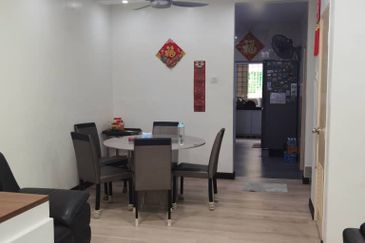
Bandar Botanic
Bandar Botanic/Bandar Bukit Tinggi, Selangor

Edusentral @ Setia Alam
Setia Alam/Alam Nusantara, Selangor

Setia City Residences @ Setia City
Setia Alam/Alam Nusantara, Selangor

Setia City Residences @ Setia City
Setia Alam/Alam Nusantara, Selangor


